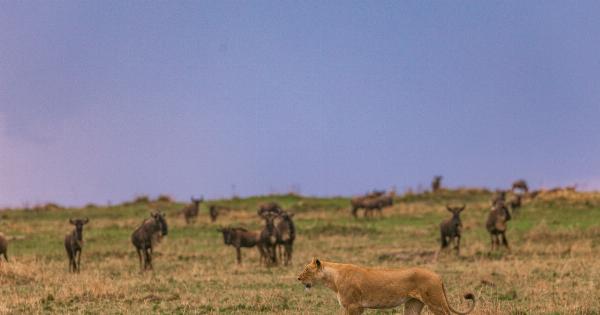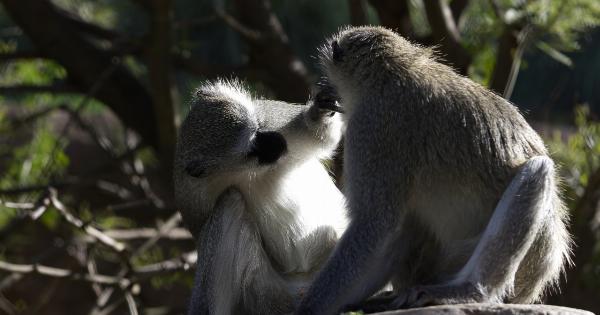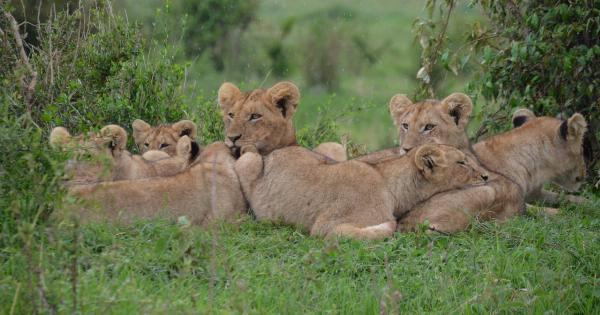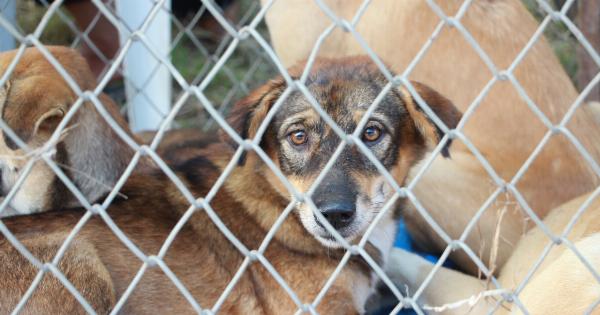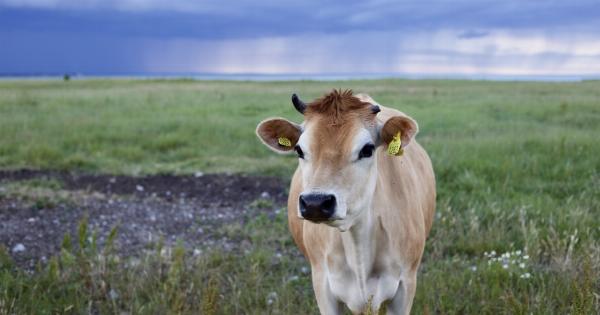Today’s World Animal Day is not a typical celebration but rather a somber occasion that reminds us of the challenges and hardships faced by animals in our world today.
This day serves as a powerful reminder to reflect upon the plight of animals and to take necessary actions to protect and advocate for their welfare. This article aims to explore various reasons why World Animal Day is a somber occasion and emphasizes the need for increased awareness and action to address the issues faced by animals.
The Rapid Decline of Wildlife
One of the primary reasons why World Animal Day deserves a somber tone is the alarming decline in global wildlife populations.
Over the past few decades, the world has witnessed a significant loss of numerous animal species due to various factors such as habitat destruction, climate change, poaching, and illegal wildlife trade. This decline in wildlife populations not only disrupts ecosystems but also threatens the delicate balance of nature.
Animal Cruelty and Abuse
Another distressing aspect of World Animal Day is the prevalence of animal cruelty and abuse in different forms and contexts.
Whether it is factory farming, animal testing, or entertainment industries that exploit animals for profit, countless animals suffer terrible physical and emotional pain due to human actions. The rampant exploitation of animals for various purposes is a glaring issue that demands our immediate attention and action.
The Ineffectiveness of Animal Welfare Laws
While some countries have laws to protect animal welfare, the enforcement and efficacy of these laws remain questionable. In many parts of the world, animals continue to be subjected to cruelty and negligence despite the presence of legal frameworks.
The lack of proper implementation, inadequate punishment for offenders, and loopholes in the legal system contribute to a situation where animals are left vulnerable and without adequate protection.
Loss of Animal Habitats and Biodiversity
The rapid expansion of human activities and urbanization has resulted in the destruction of natural habitats for animals. Deforestation, urban development, and land fragmentation have significantly reduced the available spaces for animals to thrive.
This loss of habitat not only disrupts animal populations but also leads to a decline in biodiversity, which is essential for the overall health and stability of ecosystems.
Climate Change and its Impact on Animals
Climate change poses a severe threat to animal populations across the globe. Rising temperatures, shifting weather patterns, and changing ecosystems disrupt the habitats and natural behaviors of various species.
Animals struggle to adapt to these rapidly changing conditions, leading to decreased reproductive rates, diminished food sources, and increased vulnerability to diseases. The effects of climate change on animal populations are evident, adding to the somberness of World Animal Day.
Exploitation of Marine Life
Marine animals face particular challenges due to human activities such as overfishing, pollution, and habitat destruction. Overfishing has led to the depletion of fish stocks and the disruption of marine ecosystems.
Marine animals, including whales, dolphins, and sea turtles, also suffer from entanglement in fishing gear and pollution caused by plastic waste. The exploitation and degradation of marine life demand urgent attention and conservation efforts.
The Threat of Extinction
The looming threat of extinction for numerous animal species is a grave concern that contributes to the somberness of World Animal Day.
Just within the past few decades, various iconic species such as the black rhinoceros, Sumatran orangutan, and African elephant have faced a significant decline in numbers, bringing them dangerously close to extinction. This loss of biodiversity not only diminishes the beauty of our planet but also disrupts important ecological interactions.
The Need for Increased Awareness
World Animal Day serves as an opportune moment to raise awareness about the grave issues faced by animals today.
From educating individuals about the impact of their dietary choices on animal welfare to highlighting the consequences of wildlife exploitation, increased awareness can lead to significant changes in behavior and policy. By spreading awareness, we can promote empathy and compassion towards animals and create a society that values and protects their rights.
Advocating for Animal Rights and Welfare
On this somber occasion of World Animal Day, it is crucial to advocate for the rights and welfare of animals.
This advocacy involves supporting organizations that work towards animal protection, engaging in peaceful protests, and promoting stricter laws and regulations to safeguard animals from cruelty and abuse. By becoming active advocates for animal rights, we can contribute to creating a more compassionate and just world for animals.
Conclusion
Today’s World Animal Day may be a somber occasion, but it also serves as a powerful call to action. The challenges faced by animals on our planet demand our attention, awareness, and empathy.
By recognizing the rapid decline of wildlife, combatting animal cruelty and abuse, striving for effective animal welfare laws, preserving habitats and biodiversity, addressing the impact of climate change, and advocating for animal rights and welfare, we can make a tangible difference in the lives of animals. Let us use this day as a catalyst for change and work towards a future where animals are cherished, protected, and allowed to live their lives free from harm.




